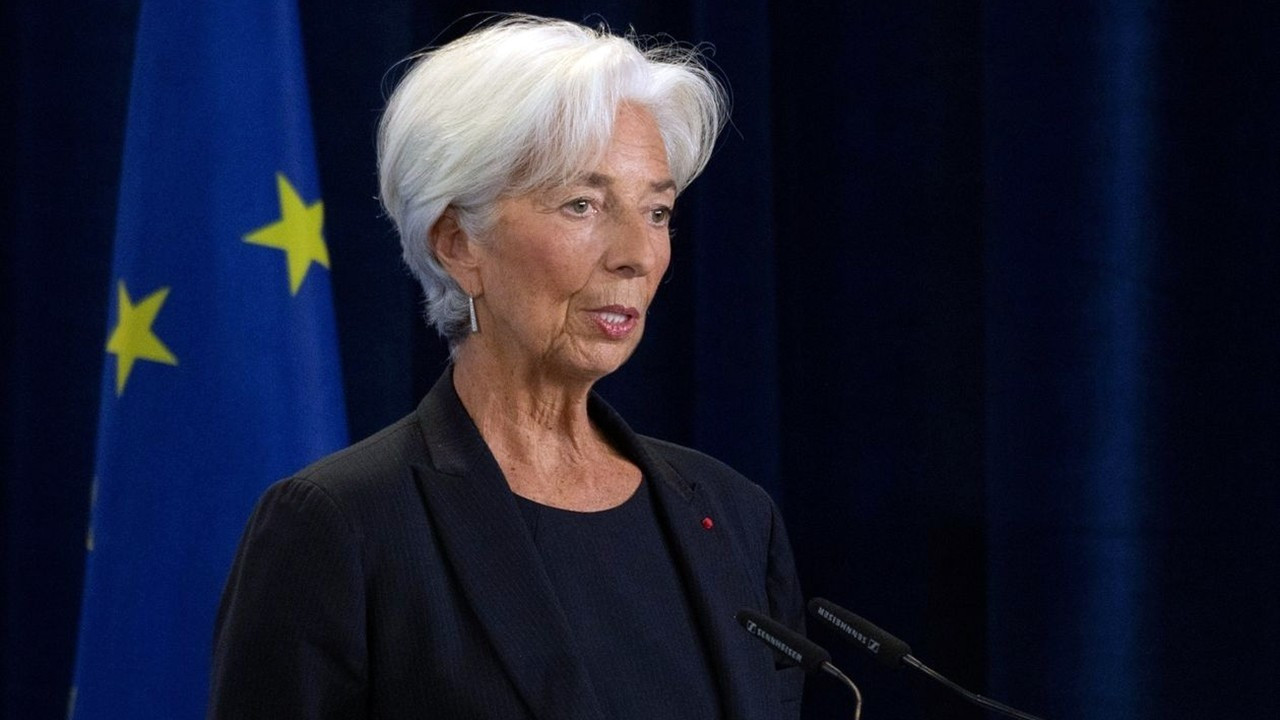Marjorie Taylor Greene Eyes 2026 Senate Or Governor's Race

Table of Contents
Greene's Potential Senate Bid:
The Georgia Senate race in 2026 is shaping up to be a crucial contest. Current Senator Raphael Warnock's seat will be up for grabs, along with the seat currently held by Senator Jon Ossoff. Both senators face potential re-election bids, creating an opening for ambitious Republicans like Greene. A successful Senate campaign for Greene would require navigating several key challenges:
- Navigating the Republican Primary: Winning the Republican primary will be a significant hurdle. Greene will likely face established figures within the Republican party, each with their own networks of support and fundraising capabilities. The primary will test her ability to unite different factions within the Georgia Republican Party.
- Statewide Appeal: While Greene enjoys significant support within her congressional district, translating that support to a statewide Senate race is a different challenge. Her outspoken views and controversial statements could alienate moderate voters crucial for victory in a general election.
- Fundraising and Campaign Organization: A successful Senate campaign demands substantial financial resources and a well-organized campaign team. Greene's fundraising ability and her capacity to build a statewide campaign infrastructure will be crucial factors determining her success.
- Key Campaign Issues: Greene's platform is likely to emphasize issues that resonate with her base, including immigration reform, election integrity concerns, and a strong stance on national security. How effectively she can articulate these issues to a broader electorate will determine her success.
A Run for Governor: The Alternative Path
Alternatively, Greene could choose to contest the Georgia Governor's race in 2026. This path presents a different set of challenges and opportunities. Governor Brian Kemp, currently holding the seat, faces potential re-election, and a primary challenge from Greene would be highly anticipated.
- Appeal to a Different Electorate: The gubernatorial electorate differs from the Senate electorate. Greene's more populist appeal might find more resonance in a gubernatorial race focused on state-level issues, like economic development and education.
- Policy Focus: A gubernatorial campaign would necessitate a shift in focus from national issues to state-specific concerns. Greene might focus on issues such as job creation, infrastructure development, and state budgeting.
- Transition from National to State Politics: Moving from the national stage of Congress to the state level requires adapting campaign strategies and engaging with a different media landscape. Greene's ability to make this transition effectively will be key.
- Building a State-Level Support Network: Success in a gubernatorial race demands strong endorsements and support networks within the state. Greene would need to establish alliances with key figures in Georgia politics.
The Implications for the Republican Party
Marjorie Taylor Greene's ambition significantly impacts the Georgia Republican Party's internal dynamics and its broader election prospects in 2026.
- Intra-Party Conflict: Her candidacy could exacerbate existing divisions within the party, leading to internal conflict and potentially weakening the Republican Party's overall standing in both the Senate and Governor's races.
- Impact on Party Unity: A contested primary, especially one involving a divisive figure like Greene, risks fracturing the party, making it difficult to unite behind a single candidate in the general election.
- National Implications: Greene's success or failure in Georgia will have national implications, influencing the perception of the Republican Party's direction and electability in the coming years.
Public Opinion and Voter Sentiment
Public opinion polls will play a critical role in determining Greene's electability.
- Poll Data Analysis: Tracking public opinion polls will help assess her standing among Georgia voters and her ability to attract broader support beyond her existing base.
- Influence of Controversial Actions: Her past controversial statements and actions could significantly impact her electability, potentially alienating key voter segments.
Conclusion:
Marjorie Taylor Greene's decision to potentially contest either the Georgia Senate or Governor's race in 2026 presents both a significant challenge and opportunity for the Republican Party. Her controversial public image and strong base of support will be crucial factors influencing the outcome. The 2026 elections in Georgia will be a defining moment, not only for Greene but also for the Republican Party's future in the state.
Call to Action: Stay informed about the evolving Marjorie Taylor Greene 2026 election plans. Follow us for the latest news and analysis on this pivotal Georgia race and its implications for the Republican party's future.

Featured Posts
-
 Carrie Underwoods Actions Towards Taylor Swift What Really Happened
May 27, 2025
Carrie Underwoods Actions Towards Taylor Swift What Really Happened
May 27, 2025 -
 Tracker Season 3 Premiere Date Episode Guide And Where To Watch
May 27, 2025
Tracker Season 3 Premiere Date Episode Guide And Where To Watch
May 27, 2025 -
 Ecb Baskani Lagarde Avrupa Ekonomisindeki Belirsizlige Dikkat Cekiyor
May 27, 2025
Ecb Baskani Lagarde Avrupa Ekonomisindeki Belirsizlige Dikkat Cekiyor
May 27, 2025 -
 Confirmed Ice Cubes Next Project A Last Friday Movie
May 27, 2025
Confirmed Ice Cubes Next Project A Last Friday Movie
May 27, 2025 -
 Peskov Mozhnost Za Nov Razgovor Me U Putin I Tramp
May 27, 2025
Peskov Mozhnost Za Nov Razgovor Me U Putin I Tramp
May 27, 2025
